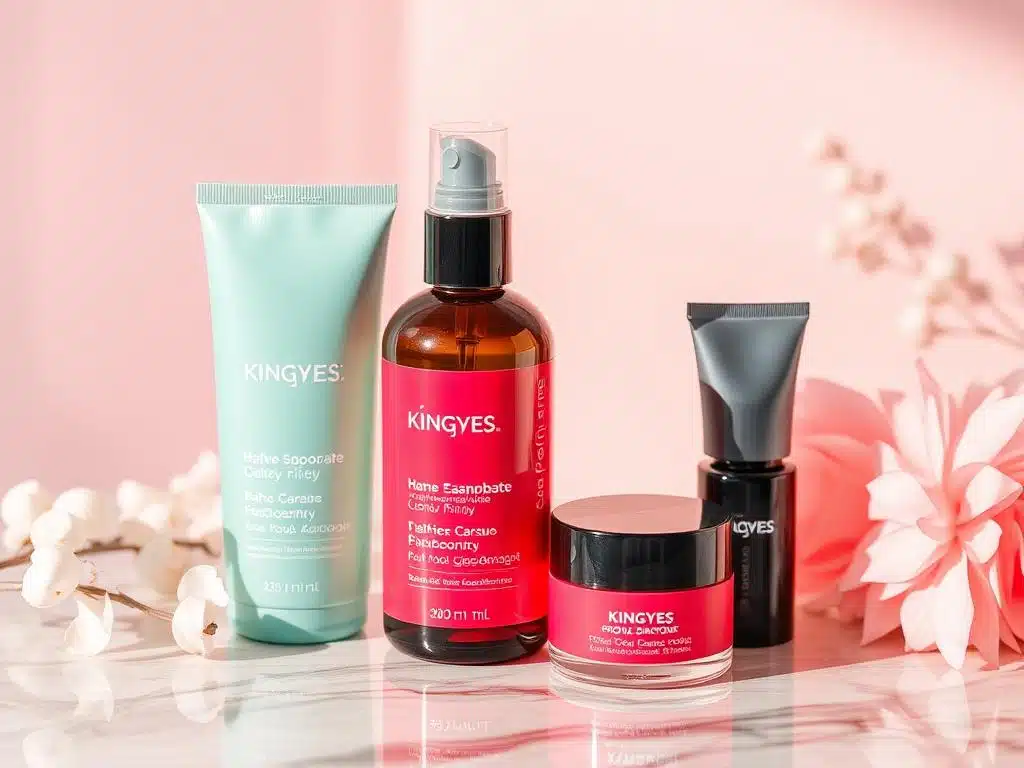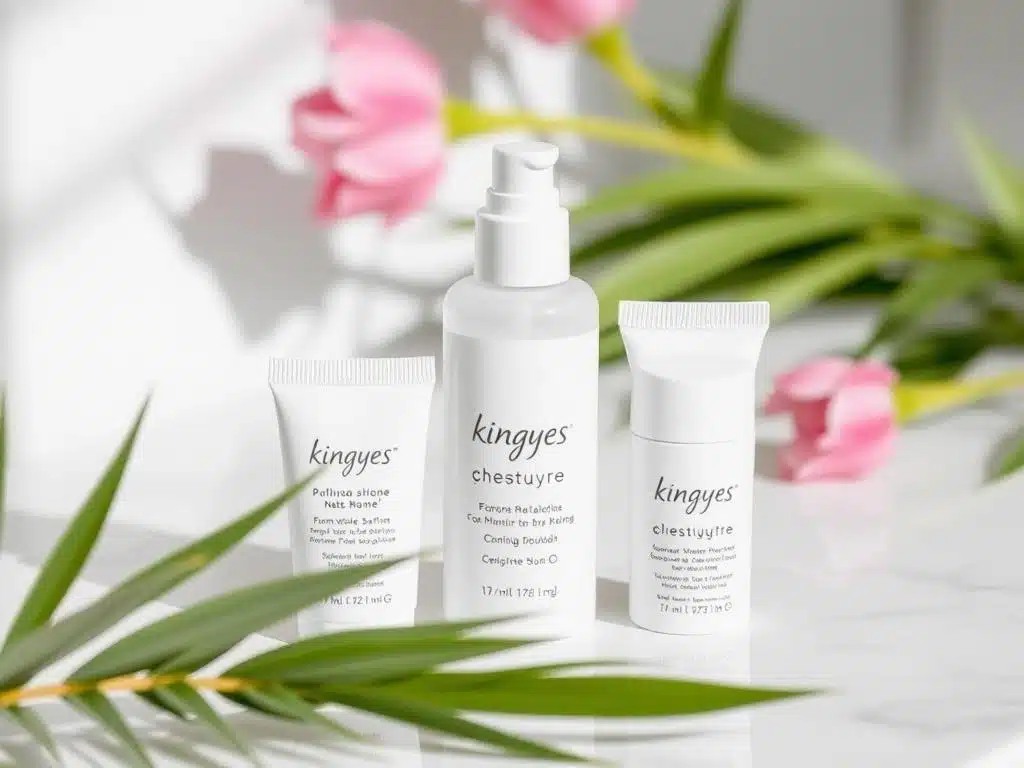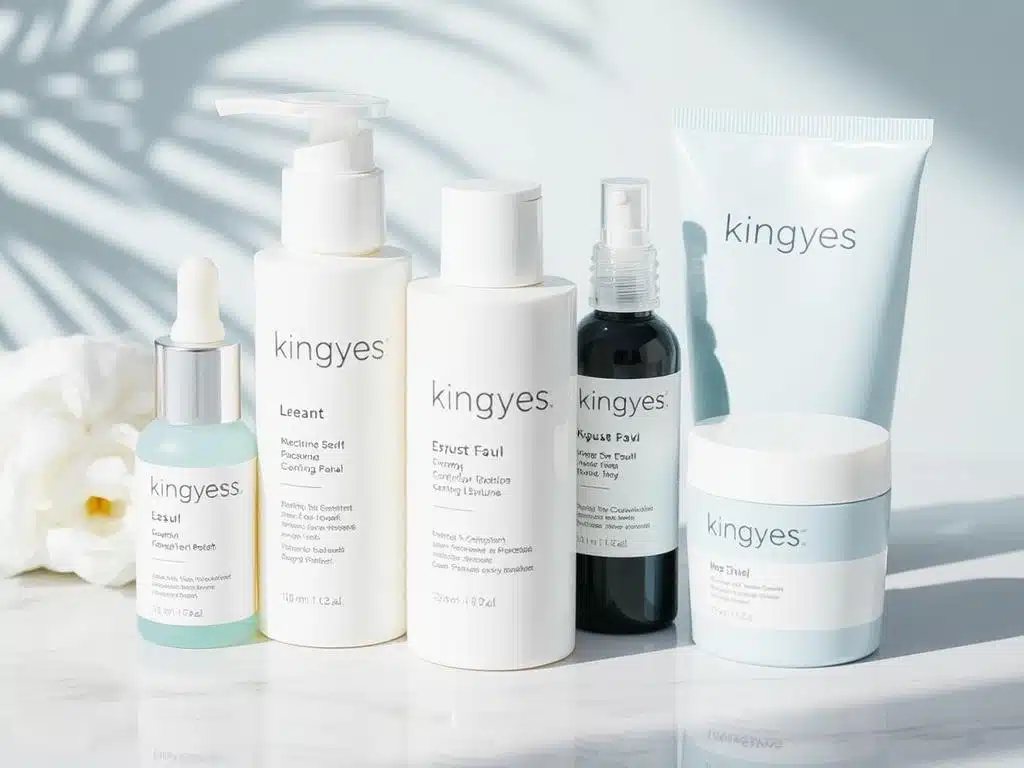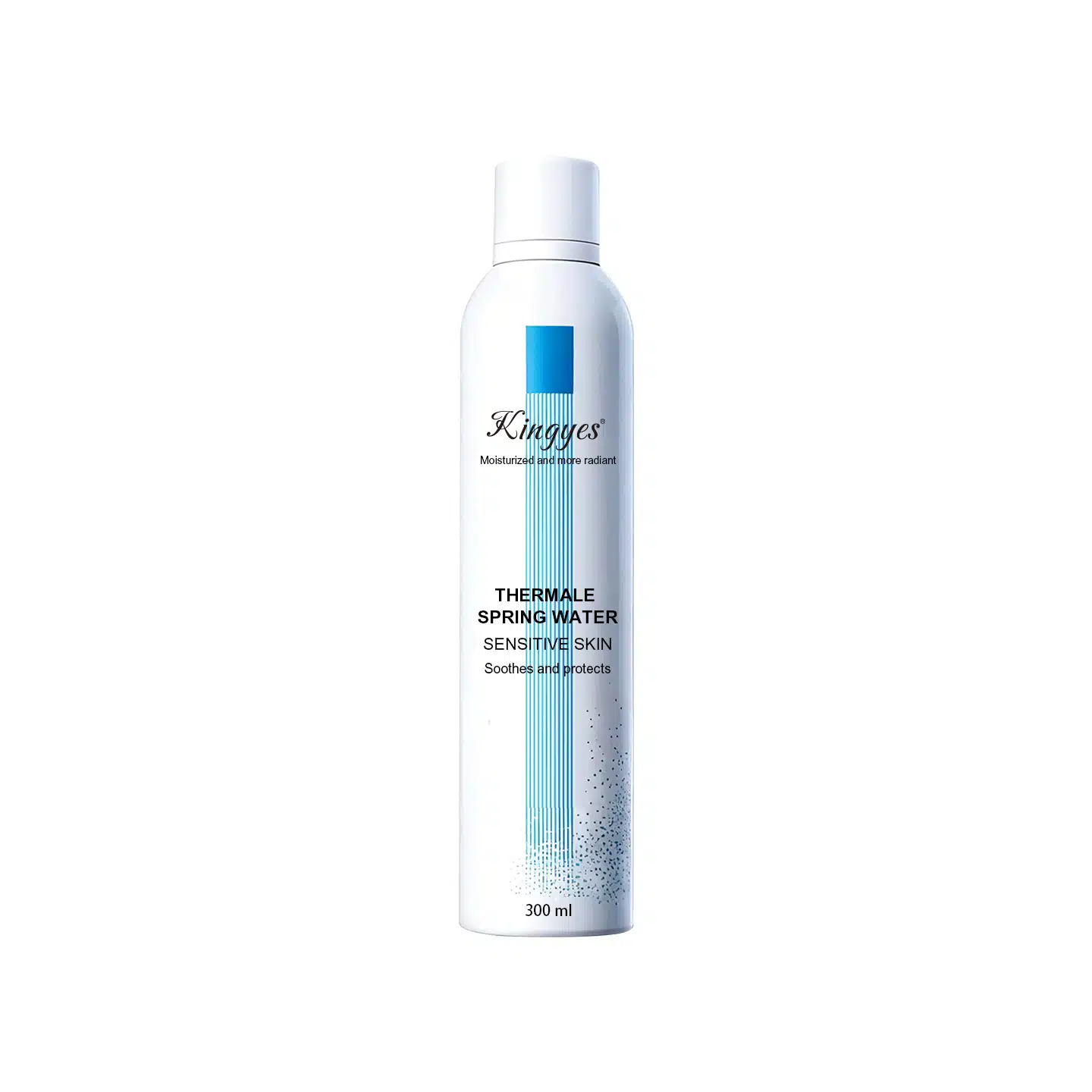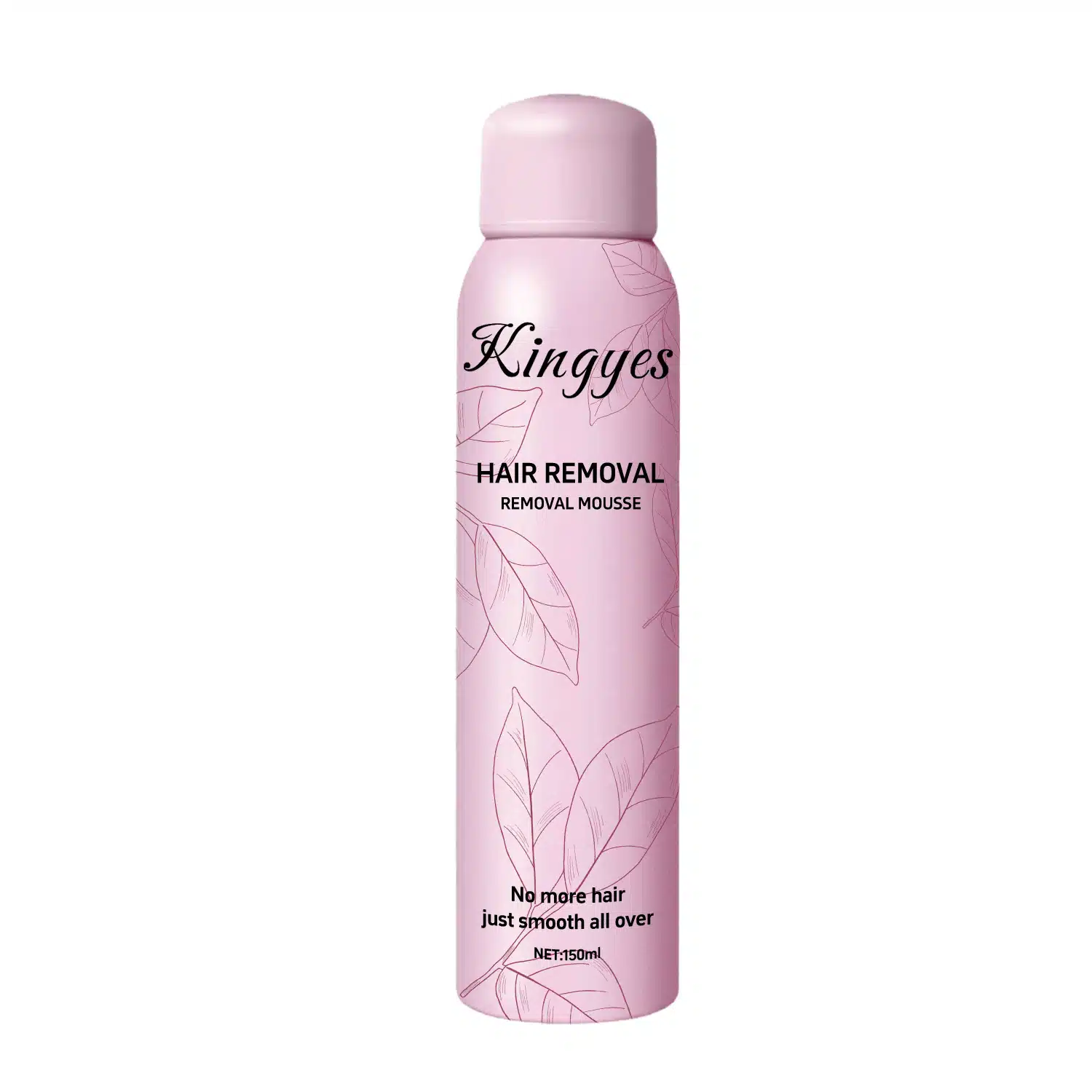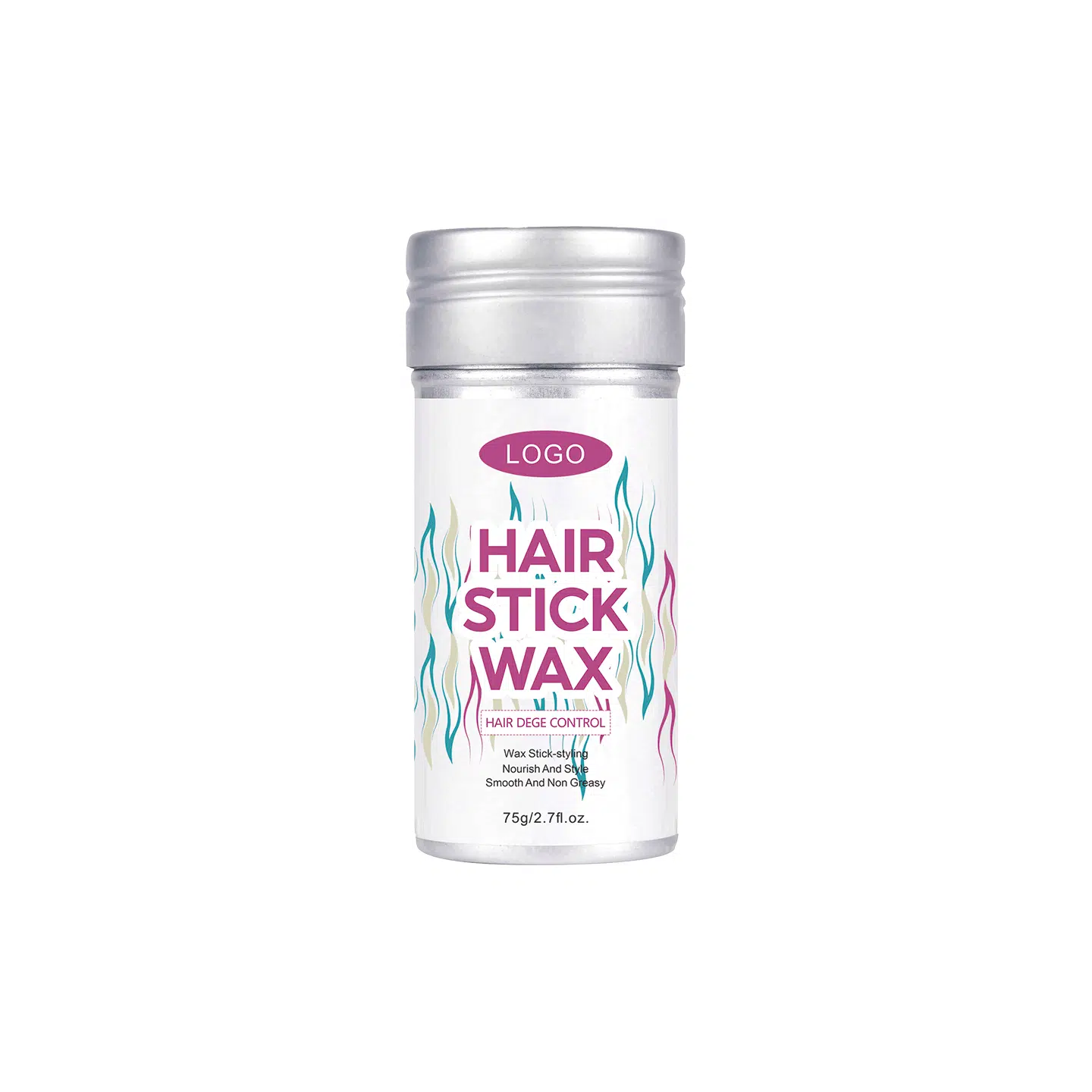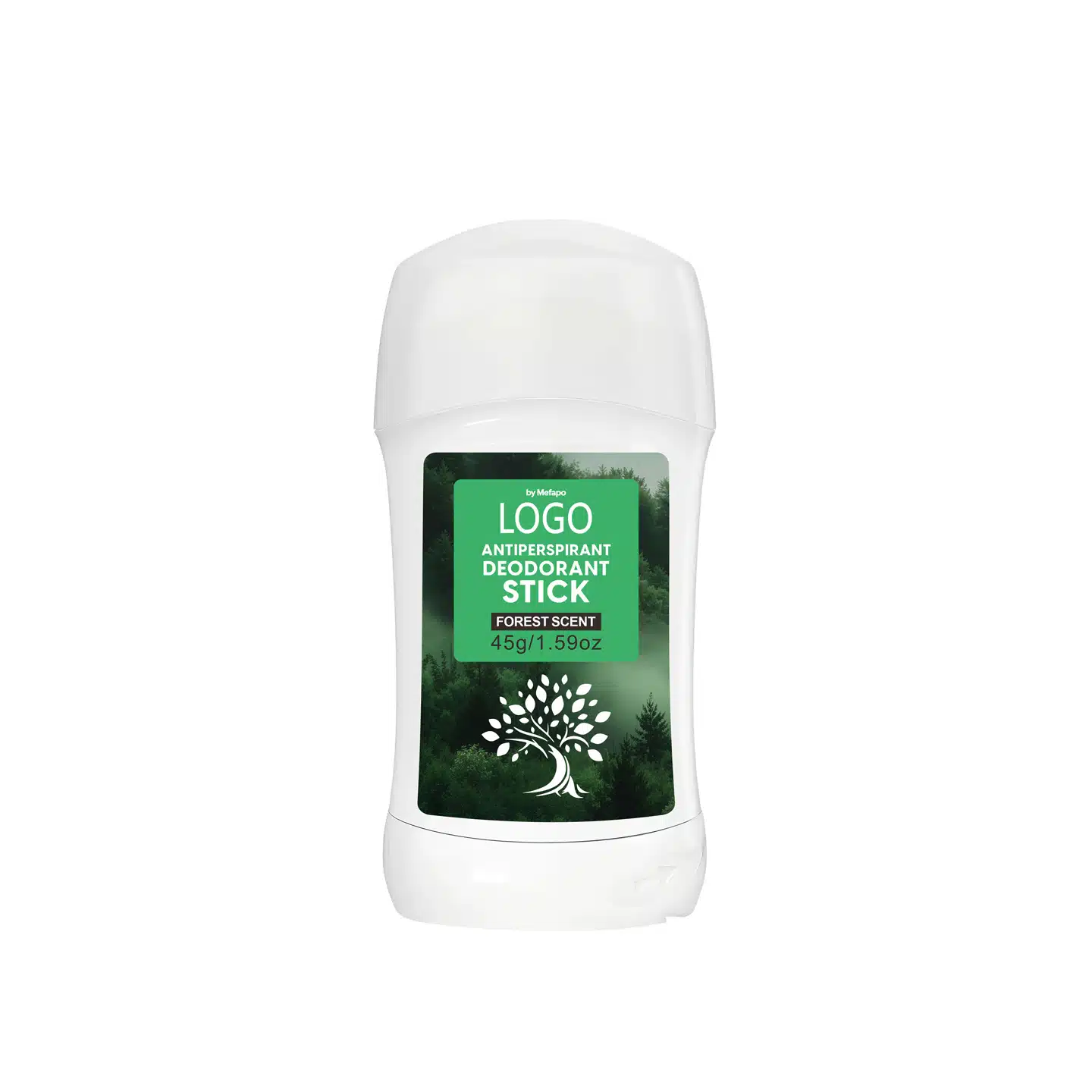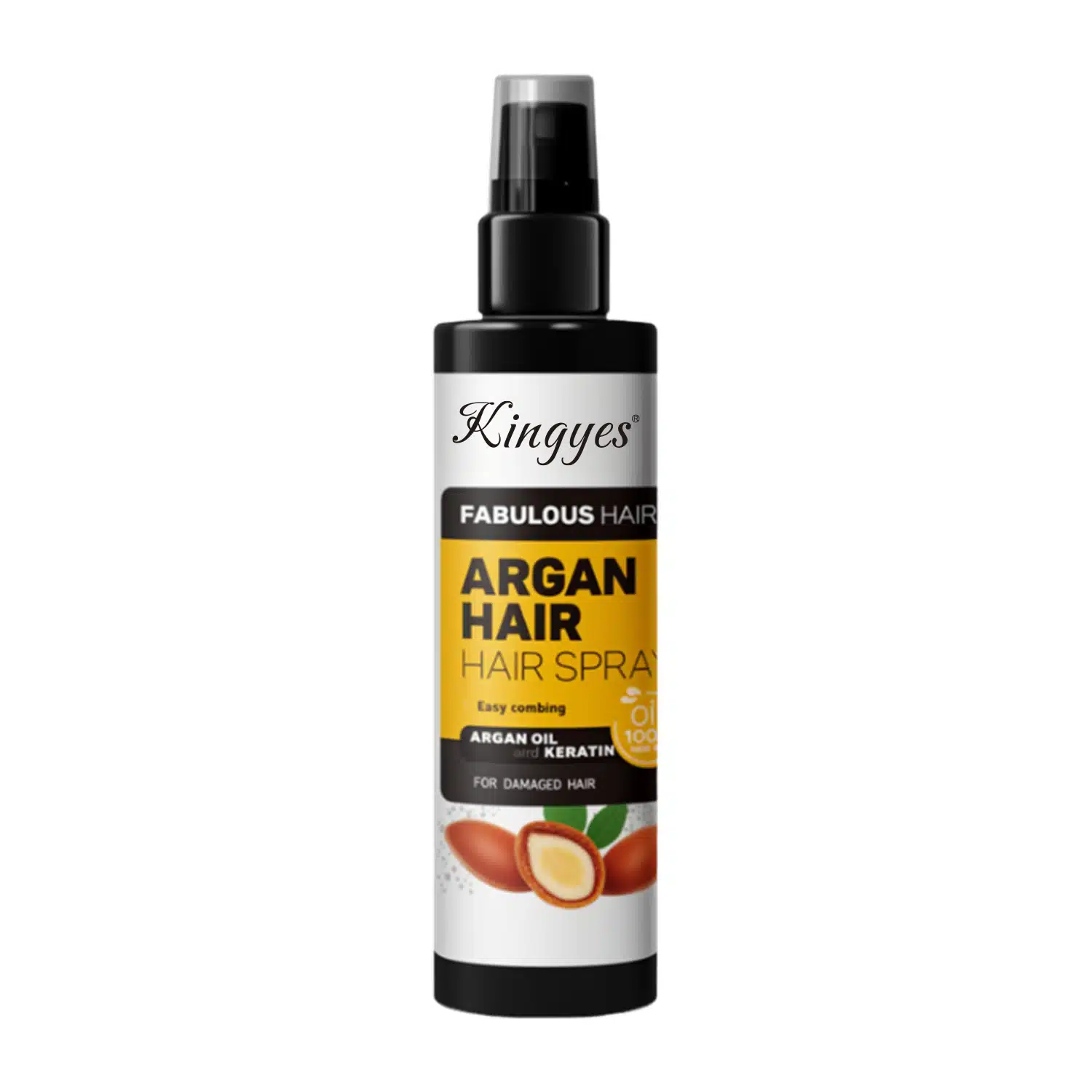
Do You Need a License to Sell Beauty Products?
Table of Contents
Legal লিপস্টিক (Lipstick): Do You Need a License to Sell Beauty Products?
So, you’ve crafted the perfect beauty product, and you’re ready to share it with the world. But before you start selling, a crucial question arises: do you need a license to sell beauty products? Navigating the legal landscape of the beauty industry can be complex, with regulations varying depending on your location, product type, and sales channels. This comprehensive guide will shed light on the licensing requirements for selling cosmetics, focusing on FDA regulations, Good Manufacturing Practices (GMP), and other essential legal considerations. Whether you’re planning to sell cosmetics online, in a physical store, or through other channels, this article will provide valuable insights to help you ensure compliance and avoid legal pitfalls. We’ll also discuss what you need to know if you want to sell homemade cosmetics, sell private label products, or sell skin care products.
Understanding the FDA’s Role in Regulating Cosmetics
In the United States, the Food and Drug Administration (FDA) is the primary regulatory body responsible for overseeing the safety and labeling of cosmetic products. The FDA regulates cosmetics under the authority of the Federal Food, Drug, and Cosmetic Act (FD&C Act) and the Fair Packaging and Labeling Act (FPLA). The FDA defines cosmetics as “articles intended to be rubbed, poured, sprinkled, or sprayed on, introduced into, or otherwise applied to the human body…for cleansing, beautifying, promoting attractiveness, or altering the appearance.”
It’s important to understand that the FDA’s authority over cosmetics differs significantly from its authority over drugs. Unlike drugs, cosmetic products and ingredients (with the exception of color additives) do not require premarket approval by the FDA before they are marketed. This means that cosmetic manufacturers are not required to obtain FDA approval before launching a cosmetic product on the market. However, the FDA does have the authority to take action against cosmetic products that are found to be adulterated or misbranded after they are on the market.
The FDA does not require cosmetic manufacturers to register their establishments or file their product formulations with the agency, although they are encouraged to do so through the Voluntary Cosmetic Registration Program (VCRP). While the FDA does not issue licenses for manufacturing or selling cosmetics, they do have the authority to inspect cosmetic manufacturing facilities to ensure compliance with GMP and other applicable regulations. FDA regulates cosmetics to ensure consumer safety.
Do You Need a License to Sell Cosmetics? Federal Requirements
Under federal law, you generally do not need a license to sell cosmetics in the United States. The FDA does not issue licenses or permits for the manufacture or sale of cosmetic products. However, this does not mean that the cosmetic industry is unregulated. Cosmetic manufacturers and distributors are responsible for ensuring that their products comply with all applicable provisions of the FD&C Act, the FPLA, and other relevant regulations.
While there is no federal license to sell cosmetics, cosmetic companies must still adhere to several key requirements:
- Product Safety: Cosmetic products must be safe for their intended use under the labeled or customary conditions of use. Cosmetic manufacturers are responsible for substantiating the product safety of their products and ingredients before marketing them.
- Good Manufacturing Practices (GMP): Although the FDA has not issued mandatory GMP regulations for cosmetics, they have published GMP guidelines that provide recommendations on best practices for cosmetic manufacturing. Cosmetic manufacturers are strongly encouraged to follow these guidelines to ensure the quality and safety of their products.
- Labeling: Cosmetic product labels must comply with the labeling requirements of the FD&C Act and the FPLA. This includes providing an ingredient declaration, the net quantity of contents, the name and place of business of the manufacturer, packer, or distributor, and any necessary warning or caution statements. The ingredient declaration is particularly important and must follow specific formatting and nomenclature rules.
- Prohibited and Restricted Ingredients: The FDA prohibits or restricts the use of certain ingredients in cosmetic products due to safety concerns. Cosmetic manufacturers must ensure that their products do not contain any prohibited ingredients and that any restricted ingredients are used within the allowable limits.
- Color Additives: If a cosmetic product contains color additives, these additives must be approved by the FDA for their intended use and must be listed on the product label. Some color additives require batch certification by the FDA.
It’s crucial to understand that while there’s no federal license to sell cosmetics, the FDA does have the authority to take enforcement action against cosmetic products that are adulterated or misbranded, or that otherwise violate the law. This can include issuing warning letters, seizing products, or seeking injunctions or criminal penalties in cases of serious violations. The FDA also conducts inspections.
State and Local Licensing Requirements: What You Need to Know
While there is no federal license to sell cosmetics, you may need to obtain licenses or permits at the state or local level, depending on where your business is located and how you plan to sell your products. These requirements can vary widely, so it’s essential to research the specific regulations in your area. You may need to register your business.
Here are some examples of state and local licensing requirements that may apply to cosmetic businesses:
- Business Licenses: Most states and cities require businesses to obtain a general business license to operate legally within their jurisdiction. This typically involves registering your business name, paying a fee, and complying with local zoning and other regulations.
- Seller’s Permits: If you are selling products directly to consumers, you may need to obtain a seller’s permit (also known as a sales tax permit or resale certificate) from your state’s tax authority. This permit allows you to collect sales tax from your customers and remit it to the state.
- Manufacturing Licenses: Some states require cosmetic manufacturers to obtain a specific manufacturing license or permit, particularly if they are producing certain types of cosmetic products or using certain ingredients. For example, Texas DSHS requires a license for businesses that manufacture, process, pack, or hold cosmetics in the state of Texas.
- Home Occupation Permits: If you plan to manufacture cosmetics in your home, you may need to obtain a home occupation permit from your local government. These permits typically have restrictions on the type and scale of business activities that can be conducted in a residential area.
- Other Permits: Depending on the nature of your business and the specific products you are selling, you may need to obtain other permits or licenses, such as a health permit if you are handling certain types of ingredients or a fire department permit if you are storing flammable materials.
It’s crucial to research the specific licensing requirements in your state and locality and to ensure that you obtain all necessary licenses and permits before you start selling your beauty products. Failure to comply with these requirements can result in fines, penalties, and even the closure of your business. You should contact your state’s department of health or licensing, as well as your city or county clerk’s office, to inquire about the specific requirements for your business.
Good Manufacturing Practices (GMP) for Cosmetics
Good Manufacturing Practices (GMP) are a set of guidelines that outline the minimum requirements that a manufacturer must meet to ensure that their products are consistently high in quality, from batch to batch, and are safe for their intended use. While the FDA has not issued mandatory GMP regulations for cosmetics, they have published GMP guidelines that provide recommendations on best practices for cosmetic manufacturing.
The FDA’s GMP guidelines for cosmetics cover various aspects of production, including:
- Personnel: Ensuring that all personnel involved in cosmetic manufacturing and quality control are adequately trained and qualified to perform their tasks, and that they follow proper hygiene practices.
- Buildings and Facilities: Maintaining clean and sanitary manufacturing facilities that are designed to prevent contamination and ensure the orderly flow of materials and personnel.
- Equipment: Using equipment that is appropriate for its intended use, properly maintained, and regularly cleaned and sanitized.
- Production and Process Controls: Implementing procedures to control all stages of the production process, from weighing and mixing ingredients to filling and packaging the final product.
- Raw Materials and Components: Establishing specifications for all raw materials and packaging components, verifying that incoming materials meet these specifications, and properly storing and handling them.
- Laboratory Controls: Implementing procedures for testing raw materials, in-process samples, and finished products to verify their identity, purity, strength, and other quality attributes.
- Records and Reports: Maintaining detailed records of all manufacturing and quality control activities, including batch records, test results, deviations, and corrective actions.
- Returned and Salvaged Products: Establishing procedures for handling returned products and determining whether they can be salvaged or should be destroyed.
Adhering to GMP principles is essential for ensuring the safety and quality of cosmetic products. While the FDA’s GMP guidelines for cosmetics are not mandatory regulations, they are considered to represent the current good manufacturing practices in the industry. The FDA strongly encourages cosmetic manufacturers to follow these guidelines, and they may use them as a reference during inspections.
Product Safety and Ingredient Regulations: Ensuring Consumer Safety
Ensuring the safety of cosmetic products is a top priority for both cosmetic manufacturers and the FDA. Cosmetic products must be safe for their intended use under the labeled or customary conditions of use. Cosmetic manufacturers are responsible for substantiating the product safety of their products and ingredients before marketing them.
The FDA regulates the safety of cosmetic products and ingredients through several mechanisms:
- Prohibited and Restricted Ingredients: The FDA has the authority to prohibit or restrict the use of specific ingredients in cosmetic products if they are found to be unsafe or if their use is not in compliance with regulations. There are certain ingredients that are prohibited from use in cosmetics in the United States, and others that are subject to restrictions on their concentration or conditions of use. Examples include bithionol, mercury compounds, vinyl chloride, and certain cattle materials.
- Color Additive Regulations: Color additives used in cosmetics are subject to premarket approval by the FDA. All color additives must be approved by the FDA for their intended use and listed in the Code of Federal Regulations (CFR). Some color additives require batch certification by the FDA.
- Good Manufacturing Practices (GMP): As discussed earlier, following GMP guidelines helps to ensure the safety and quality of cosmetic products by preventing contamination, ensuring proper sanitation, and controlling the manufacturing process.
- Post-Market Surveillance: The FDA monitors the safety of cosmetic products after they are on the market through adverse event reports, consumer complaints, and scientific literature. If the FDA determines that a cosmetic product or ingredient poses a safety risk, they can take action to remove it from the market or require label changes.
- Modernization of Cosmetics Regulation Act of 2022 (MoCRA): This act, signed into law in December 2022, represents the most significant expansion of the FDA’s authority to regulate cosmetics since 1938. Among other things, MoCRA requires cosmetic companies to register their facilities with the FDA, list their products and ingredients, maintain records of adverse events, and follow GMP. It also gives the FDA mandatory recall authority for cosmetic products.
Cosmetic manufacturers must stay informed about the latest scientific research and regulatory developments related to ingredient safety. They should also conduct thorough safety assessments of their products and ingredients, using appropriate testing methods and relying on scientific data to support their safety claims. Ingredient safety is a crucial aspect of cosmetic quality control. You must make sure your product is safe.
Labeling Requirements: What Information Must Be on Your Product?
Proper labeling is a critical aspect of cosmetic quality control and a key requirement under the FD&C Act and the FPLA. Cosmetic labels must be truthful, not misleading, and provide consumers with essential information about the product. Cosmetic manufacturers must ensure that their product labels comply with all applicable FDA regulations.
Key FDA labeling requirements for cosmetics include:
- Statement of Identity: The label must clearly state what the product is (e.g., “moisturizing lotion,” “shampoo,” “foundation”).
- Net Quantity of Contents: The label must accurately state the net weight, measure, or numerical count of the product in the container.
- Name and Place of Business: The label must identify the name and address of the manufacturer, packer, or distributor.
- Ingredient Declaration: Cosmetic ingredients must be listed in descending order of predominance by weight, with certain exceptions (e.g., ingredients present at 1% or less can be listed in any order after the ingredients present at more than 1%, and color additives can be listed at the end in any order). Ingredients must be listed using their common or usual names, typically the names established by the International Nomenclature of Cosmetic Ingredients (INCI). The list of ingredients must be accurate.
- Warning Statements: Certain cosmetics require specific warning statements. For example, aerosol products must carry a warning about flammability and the dangers of intentional misuse by inhaling the contents. Products that have not had their safety substantiated must bear a warning to that effect. Products that contain certain ingredients may also require warning labels.
- Directions for Safe Use: If a cosmetic product requires specific directions for safe use, these must be included on the label. This is particularly important for products that could pose a risk if used improperly. Instructions for use should be clear.
- Language: All required label information must be in English, although it may also be provided in other languages.
- Prominence and Conspicuousness: Required label information must be prominently displayed and easy to read. The type size, font, and placement of the information are regulated to ensure that consumers can easily find and read the required information.
Cosmetic labels must not contain any false or misleading claims, and they must not make drug claims (i.e., claims that the product can treat or prevent disease or affect the structure or function of the body). For example, a cosmetic product cannot claim to cure acne or increase collagen production, as these would be considered drug claims. Cosmetic companies should carefully review their product labels to ensure they comply with all FDA requirements. This is part of cosmetic quality control.
Selling Cosmetics Online: Navigating E-commerce Regulations
Selling cosmetics online through an e-commerce platform presents some additional considerations and requirements beyond those that apply to traditional brick-and-mortar retail. While the FDA’s regulations for cosmetic safety, labeling, and GMP apply equally to products sold online, there are other legal and practical aspects to consider when selling cosmetics online.
Here are some key considerations for selling cosmetics online:
- Website Compliance: Your ecommerce website must comply with all relevant laws and regulations, including those related to consumer protection, data privacy, and accessibility. This may include providing clear and conspicuous terms of service, a privacy policy, and an accessible website design.
- Product Descriptions and Claims: Ensure that all product descriptions, claims, and images on your website are accurate, truthful, and not misleading. Avoid making unsubstantiated claims about your products’ efficacy or benefits. Cosmetic products must not make drug claims on their websites or product pages.
- Customer Reviews: If you allow customers to post reviews on your website, you should have a policy in place for monitoring and moderating these reviews. While you cannot selectively remove negative reviews simply because they are negative, you should have a process for addressing any reviews that contain false, misleading, or inappropriate content.
- Payment Processing and Security: You must provide secure payment processing options for your customers and protect their payment information in accordance with industry standards and relevant regulations, such as the Payment Card Industry Data Security Standard (PCI DSS).
- Shipping and Order Fulfillment: Clearly communicate your shipping policies, including shipping costs, delivery times, and any restrictions on where you can ship your products. Ensure that your order fulfillment process is efficient and reliable, and provide customers with tracking information for their orders. You will need a solid order fulfillment process.
- Returns and Refunds: Establish a clear and customer-friendly return and refund policy. Make it easy for customers to return products if they are not satisfied and process refunds promptly. You should also be aware of any laws or regulations governing returns and refunds in your jurisdiction.
- Sales Tax: Depending on where your business is located and where your customers are located, you may be required to collect and remit sales tax on online purchases. You should consult with a tax advisor to ensure you are complying with all applicable sales tax laws.
- International Sales: If you plan to sell cosmetics internationally, you must be aware of and comply with the cosmetic regulations and labeling requirements in each country where you sell your products. This can be complex, as different countries have different rules regarding ingredient restrictions, labeling, and registration requirements.
Selling cosmetics online can be a lucrative business opportunity, but it’s essential to understand and comply with all relevant laws and regulations to avoid legal issues and build a reputable brand.
Selling Private Label Cosmetics: Additional Considerations
Selling private label cosmetics involves partnering with a manufacturer to produce cosmetic products under your own brand name. This can be an attractive option for entrepreneurs who want to launch their own beauty brand without investing in their own manufacturing facilities. However, there are some specific considerations to keep in mind when selling private label cosmetics:
- Choosing a Reputable Manufacturer: It’s crucial to select a private label manufacturer that has a strong track record of producing high-quality, safe cosmetic products. You should thoroughly vet potential manufacturers, review their certifications (such as ISO 22716 for GMP), and request product samples to evaluate their quality. Private label cosmetics suppliers like the ones you choose will impact your business.
- Product Formulations: While private label manufacturers often offer a range of existing formulations to choose from, you may also have the option to customize formulations or develop your own unique formulas. It’s important to ensure that all formulations comply with the regulations in your target market and that they are safe and effective for their intended use.
- Testing and Safety Data: Even though you are not manufacturing the products yourself, you are still responsible for ensuring the safety of the products you sell under your brand name. You should request safety data and testing reports from your private label manufacturer and, if necessary, conduct additional independent testing to verify the safety and stability of the products. You may need to do your own toxicological testing to fill in any gaps.
- Labeling and Claims: You are responsible for ensuring that your private label cosmetic products are properly labeled and that all claims made on the labels and in your marketing materials are truthful, not misleading, and compliant with relevant regulations. You’ll need to work closely with your manufacturer to ensure that the product labels accurately reflect the ingredients and comply with all applicable labeling requirements.
- Contractual Agreements: It’s essential to have a clear and comprehensive contract with your private label manufacturer that outlines the responsibilities of each party, including product specifications, quality standards, pricing, payment terms, lead times, and intellectual property rights. You should consult with a lawyer to ensure that your contract adequately protects your interests.
- Inventory Management: When selling private label cosmetics, you’ll typically need to purchase inventory upfront from the manufacturer. This requires careful planning and forecasting to avoid overstocking or stockouts. You’ll also need to have a system in place for storing and managing your inventory.
Selling private label cosmetics can be a viable way to start selling beauty products without the need for your own manufacturing facilities. However, it’s crucial to choose a reputable manufacturer, ensure product safety and compliance, and carefully manage your inventory and supply chain. It is a good way to build a brand quickly.
Selling Homemade Cosmetics: Understanding the Rules
Selling homemade cosmetics can be an appealing option for individuals who are passionate about creating their own beauty products and want to turn their hobby into a business. However, it’s important to understand that selling homemade cosmetics is subject to the same regulations as commercially manufactured cosmetics, and there are specific considerations to keep in mind.
Here are some key points to consider when selling homemade cosmetics:
- Safety and GMP: Even if you are making cosmetics in your home, you are still responsible for ensuring that your products are safe for their intended use and are manufactured according to Good Manufacturing Practices (GMP). This means following proper sanitation procedures, using safe and appropriate ingredients, and conducting necessary testing to ensure product stability and preservation. You must make sure your products are regulated.
- Labeling: Homemade cosmetics must comply with the same labeling requirements as commercially manufactured cosmetics. This includes providing an accurate ingredient list, the net quantity of contents, the name and address of the manufacturer or distributor, and any necessary warning statements.
- Prohibited and Restricted Ingredients: You must ensure that your homemade cosmetics do not contain any prohibited ingredients and that any restricted ingredients are used within the allowable limits. You should carefully research the regulations in your target market and stay informed about any updates or changes to ingredient restrictions.
- Licensing and Permits: Depending on your location and the scale of your operation, you may need to obtain specific licenses or permits to manufacture and sell cosmetics from your home. This could include a home occupation permit, a business license, or a manufacturing license. You should check with your state and local authorities to determine the specific requirements in your area. You may need to register your business.
- Insurance: It’s advisable to obtain product liability insurance if you are selling homemade cosmetics. This can protect you in case a customer experiences an adverse reaction or other issue with your product.
- Selling Channels: If you are selling homemade cosmetics online, you must also comply with the relevant regulations for e-commerce, such as those related to consumer protection, data privacy, and online advertising. If you are selling at craft fairs, farmers’ markets, or other in-person events, you may need to obtain permits or licenses from the event organizers or local authorities.
Selling homemade cosmetics can be a rewarding way to share your passion and creativity with others, but it’s crucial to understand and comply with all applicable regulations to ensure the safety of your products and protect your business. You should also consider starting small, testing the market with a limited range of products, and gradually scaling up as your business grows. You can start selling your products locally to test the market.
Consequences of Not Complying with Regulations: What’s at Stake?
Failing to comply with the applicable laws and regulations when selling beauty products can have serious consequences for your business, including:
- Warning Letters: The FDA may issue a warning letter to cosmetic companies that are found to be in violation of the FD&C Act or other relevant regulations. A warning letter identifies the specific violations and requests that the company take prompt corrective action. Failure to adequately address the issues cited in a warning letter can lead to further enforcement action.
- Product Seizures: The FDA has the authority to seize cosmetic products that are adulterated, misbranded, or otherwise in violation of the law. This can result in significant financial losses for the company, as well as damage to its reputation.
- Injunctions: The FDA can seek a court order to stop a company from manufacturing or distributing cosmetic products that violate the law. This can effectively shut down a business, at least temporarily, until the violations are corrected.
- Criminal Prosecution: In cases of willful or egregious violations, the FDA can pursue criminal charges against the company and its responsible individuals. This can result in substantial fines and even imprisonment.
- Civil Penalties: The Modernization of Cosmetics Regulation Act of 2022 (MoCRA) granted the FDA new authority to assess civil penalties (i.e., monetary fines) against cosmetic companies that violate certain provisions of the FD&C Act.
- Product Recalls: If a cosmetic product is found to be unsafe or non-compliant with regulations, the FDA may request that the company voluntarily recall the product from the market. In some cases, the FDA can mandate a recall. Recalls can be very costly for companies, both in terms of direct costs and damage to brand reputation.
- Lawsuits: Cosmetic companies that sell unsafe or improperly labeled products may face lawsuits from consumers who have been harmed by their products. These lawsuits can result in significant financial liabilities, including damages, legal fees, and settlements.
- Loss of Consumer Trust: Failing to comply with regulations and selling unsafe or mislabeled products can severely damage a brand’s reputation and erode consumer trust. In today’s social media age, negative news and reviews can spread rapidly, causing long-term harm to a brand’s image.
It’s important to note that the consequences of non-compliance can vary depending on the nature and severity of the violations, as well as the specific regulations in each jurisdiction. However, the potential risks are substantial, both for large cosmetic companies and for small businesses or individuals selling homemade cosmetics.
Key Things to Remember:
- The FDA regulates cosmetics in the United States under the Federal Food, Drug, and Cosmetic Act (FD&C Act) and the Fair Packaging and Labeling Act (FPLA).
- While there is no federal license required to sell cosmetics, cosmetic manufacturers and distributors must ensure their products are safe, properly labeled, and comply with Good Manufacturing Practices (GMP).
- State and local governments may have additional licensing requirements for cosmetic businesses, such as general business licenses, seller’s permits, manufacturing licenses, or home occupation permits.
- Cosmetic products must not contain prohibited ingredients and must comply with restrictions on the use of certain ingredients and color additives.
- Cosmetic labels must include a statement of identity, net quantity of contents, name and place of business, ingredient declaration, and any necessary warnings or directions for safe use.
- Selling cosmetics online involves additional considerations, such as website compliance, accurate product descriptions, secure payment processing, shipping and returns policies, and sales tax collection.
- Selling private label cosmetics requires careful selection of a reputable manufacturer, verification of product formulations and safety data, proper labeling, and clear contractual agreements.
- Selling homemade cosmetics is subject to the same regulations as commercially manufactured cosmetics, including safety, labeling, and GMP requirements, and may require specific licenses or permits depending on the location and scale of operation.
- The FDA has the authority to take enforcement action against cosmetic products or companies that violate the law, including issuing warning letters, seizing products, seeking injunctions, and pursuing criminal prosecution.
- Non-compliance with cosmetic regulations can result in significant consequences, including product seizures, recalls, lawsuits, financial penalties, loss of consumer trust, and damage to brand reputation.
By understanding and adhering to the relevant laws and regulations, cosmetic companies can ensure the safety and quality of their products, protect their customers, and build a successful and reputable brand in the beauty industry. Remember that compliance with regulations is not just a legal obligation but also a fundamental aspect of ethical and responsible business practices in the cosmetics sector.
Comments
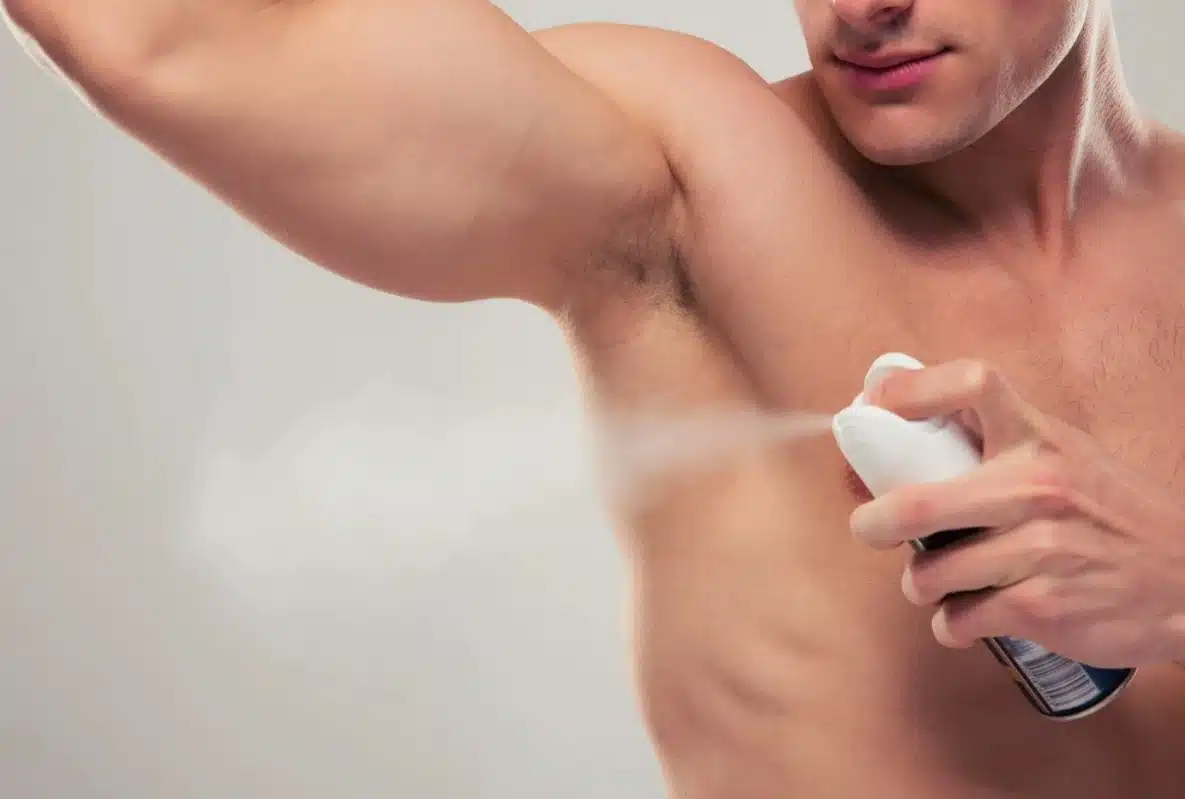
What Is the Difference Between Wet and Dry Deodorant?
Ever stood in the deodorant aisle wondering what the difference is between wet and dry deodorant?
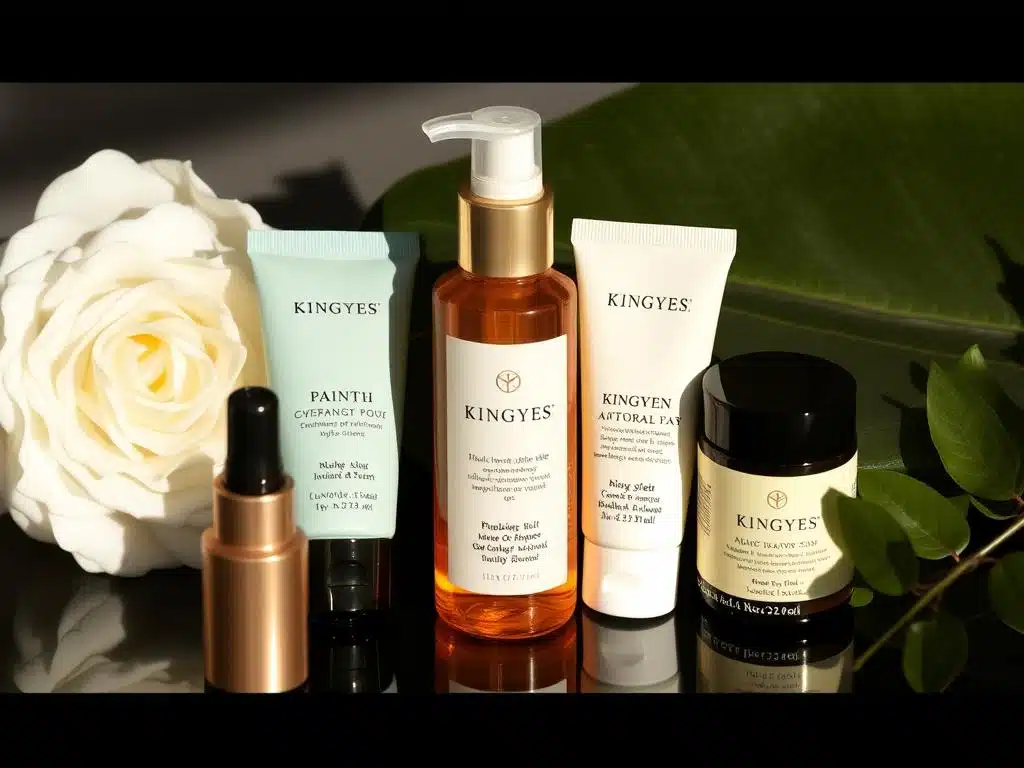
How To Sell Cosmetics On WeChat?
Are you ready to tap into the world’s largest beauty market?
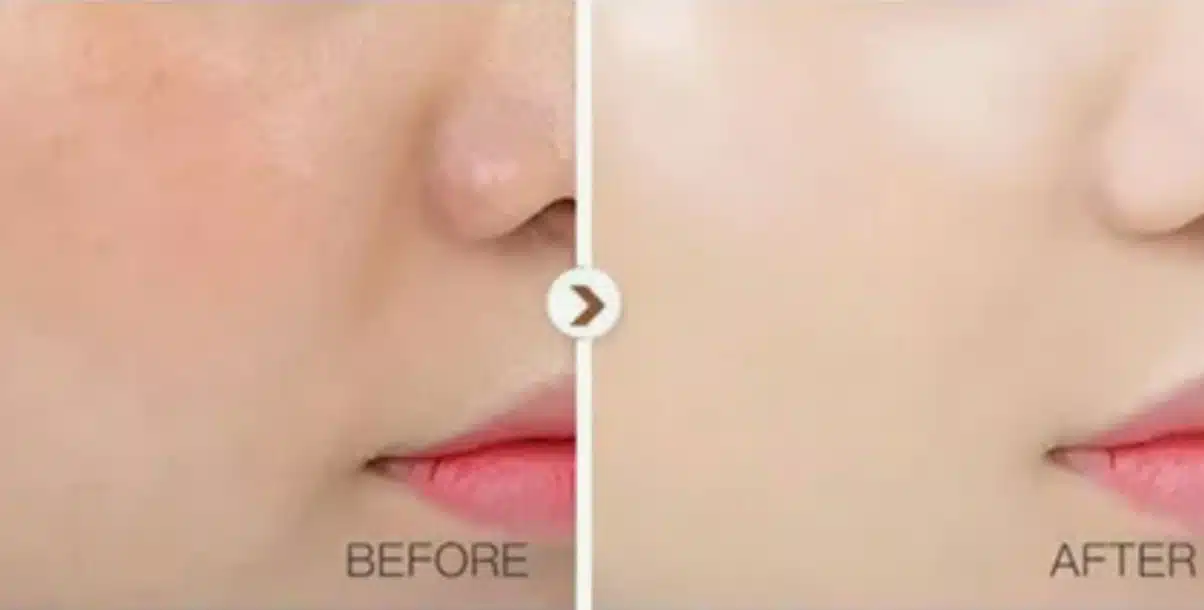
What Skin Type Is Liquid Foundation For?
Wondering which skin type benefits most from liquid foundation?
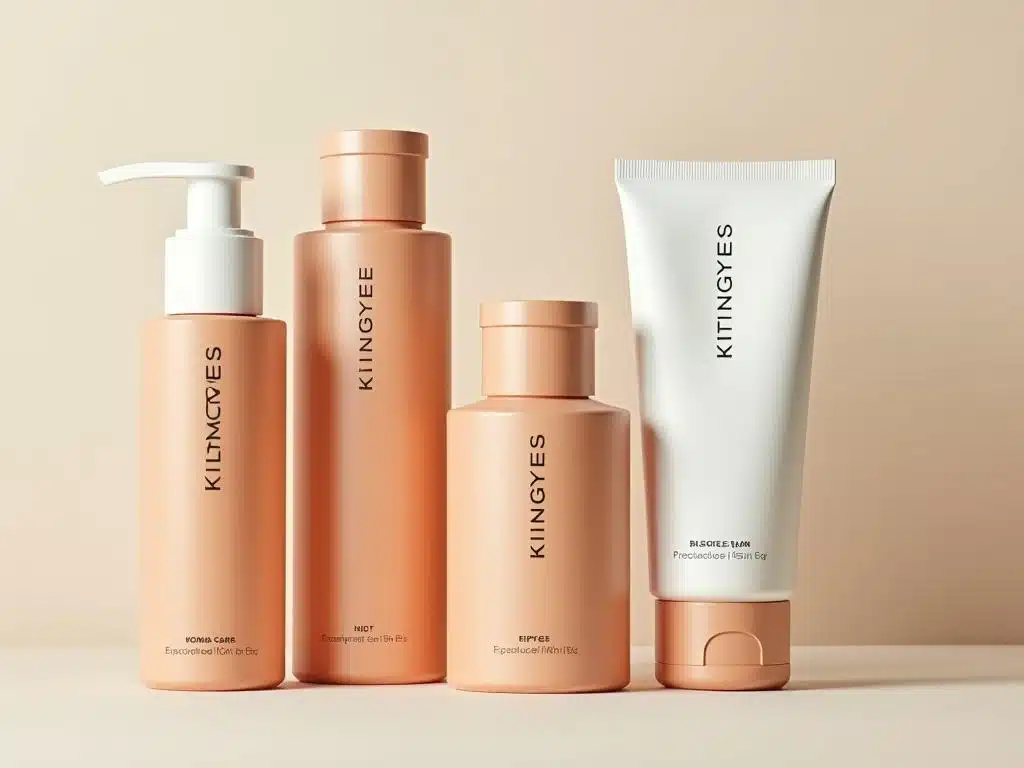
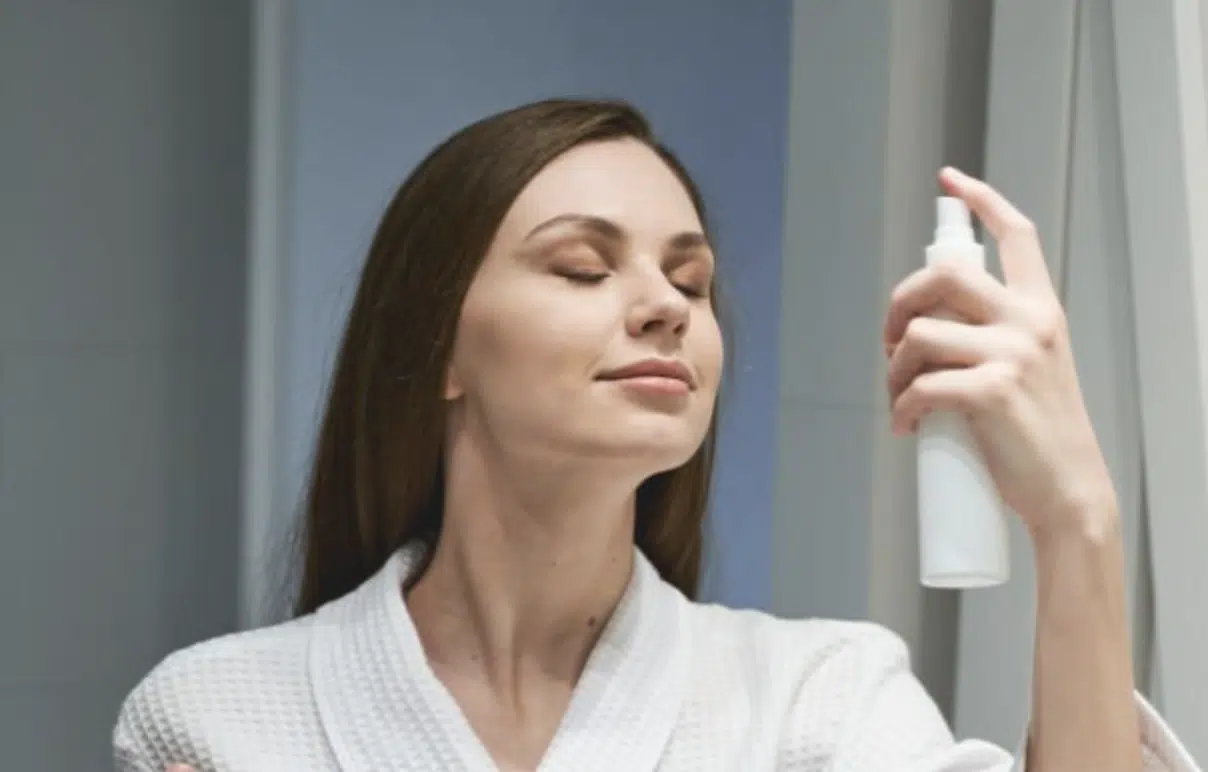
Do I Really Need Setting Spray?
Are you wondering if setting spray is just another hyped-up beauty product, or is it a must-have in your makeup routine?
- +86 151 1839 7303
- [email protected]
- Mon-Sun 07:00-23:00
Tags

How to Choose a Reliable Cosmetic OEM Manufacturer in China?
How to Pick a Good Makeup Maker in China: A Guide for You.
You possess a concept.
A new face cream. A new hair spray. A new nail color.
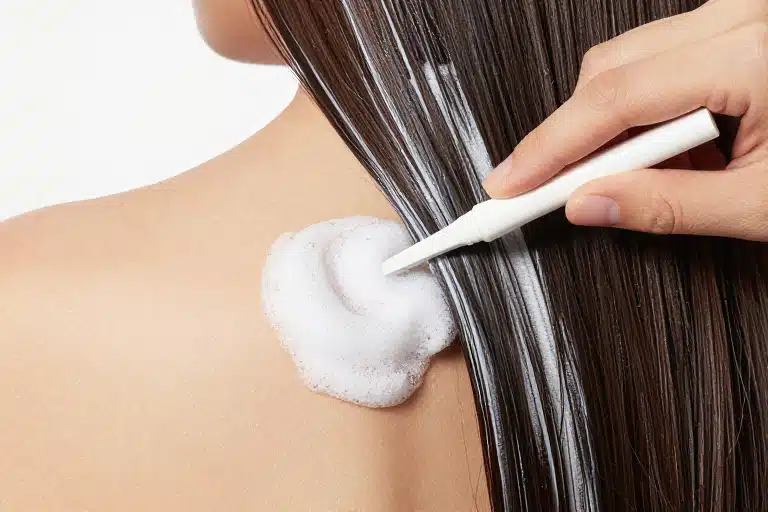
How to Get Hair Dye Off Skin: The Only Guide You Need
Picture this.
You just dyed your hair. You used a new color. It looks great. Your hair shines. You feel happy. You feel like a new person.

How Often Should You Wash Your Hair? The Ultimate Guide
The alarm rings.
You wake up. You stretch. You walk to the mirror.
You look at your hair.

